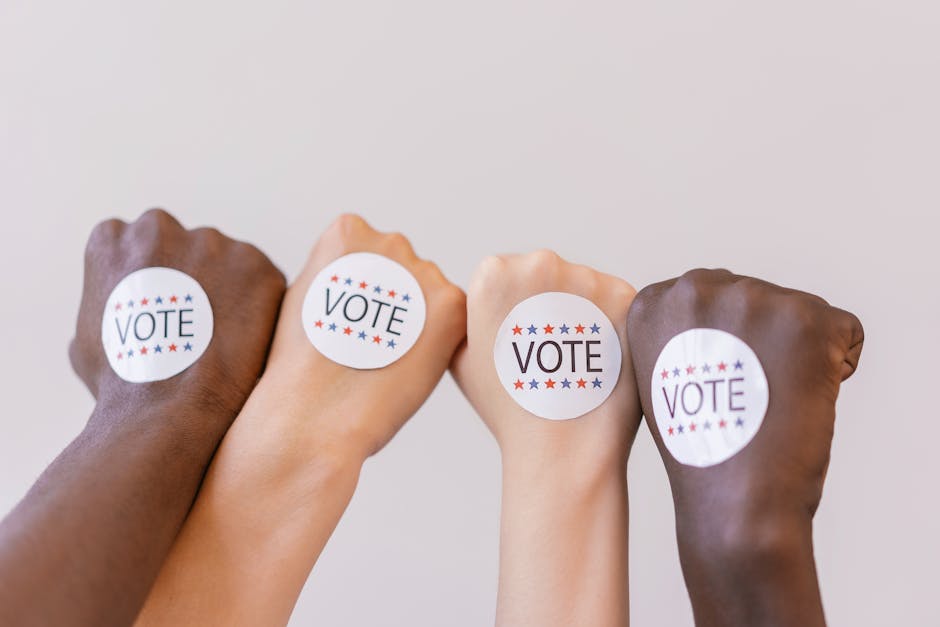Disenfranchisement, a persistent issue in many political systems, often stems from a complex interplay of factors. Socioeconomic disparities play a crucial role. Individuals facing financial hardship often lack the resources for political engagement, including the time, money, and access to information required to navigate the complexities of the political sphere. Language barriers, cultural norms, and a lack of trust in the political system further compound this issue, particularly impacting marginalized communities.
Beyond these tangible barriers, psychological factors often deter participation. A lack of political efficacy, the belief that one’s voice does not matter, can cripple motivation. This can be exacerbated by historical experiences of marginalization, systematic discrimination, or negative stereotypes. Fear of reprisal, whether real or perceived, is another significant deterrent, especially for individuals belonging to minority groups.
Addressing these issues requires a multi-pronged strategy. Firstly, reforming electoral systems can significantly enhance inclusivity. Proportional representation systems, for instance, can better reflect the diversity of the electorate and ensure representation for minority groups. Accessible voting options, including mail-in ballots and online registration, can remove obstacles for those with disabilities or limited mobility, further empowering them.
A fundamental aspect of fostering inclusivity lies in promoting political literacy and access to information. Engaging educational programs can provide a deeper understanding of the political process, candidates, and issues. Publicly funded campaigns, or transparent and easily accessible campaign finance records, can shed light on how resources are used, fostering accountability and public trust. Crucially, outreach programs must be tailored to specific communities, recognizing the unique needs and challenges faced by different groups.
Facilitating community engagement is equally important. Local organizing efforts and community centers can provide a platform for dialogue, debate, and mobilization. Promoting discussions, workshops, and forums focused on civic engagement, particularly in underrepresented communities, can empower individuals to participate in decision-making processes. Empowering community leaders to act as intermediaries and bridge the gap between citizens and institutions is paramount.
Media representation plays a critical role in shaping public discourse and perceptions. Ensuring diverse voices and perspectives are featured in news coverage, political commentary, and advertising will broaden perspectives and promote understanding. This includes actively seeking out and amplifying the voices of marginalized communities, ensuring that the media actively promotes inclusivity and representation.
Crucially, governments and political institutions need to actively cultivate an inclusive environment. Implementing anti-discrimination policies, promoting diversity training for public officials, and actively recruiting members from diverse backgrounds for political positions are vital steps towards meaningful change. Furthermore, mechanisms for gathering feedback and addressing concerns from diverse segments of society must be in place, creating platforms for constructive dialogue.
Another crucial aspect is fostering a culture of dialogue and respect. Political discourse often descends into personal attacks and inflammatory rhetoric. Encouraging civil discourse and emphasizing respectful engagement, regardless of differing opinions, can foster a more welcoming and inclusive political environment. Promoting media literacy and the critical evaluation of information will be vital in navigating the complex landscape of modern political communication.
An additional strategy is focusing on individual empowerment and leadership. Mentorship programs, training initiatives, and networking opportunities can support marginalized individuals to develop their political skills and confidence. Highlighting successful examples of inclusive participation whether it is at the local, national, or international level can inspire others and demonstrate that diverse perspectives and approaches are not only possible but beneficial.
Finally, technology can play a pivotal role in expanding political participation. Online platforms can facilitate communication, information sharing, and mobilization efforts, effectively reaching individuals previously excluded from the political process. Accessible digital tools can overcome geographical and socioeconomic barriers to participation, promoting inclusivity and bridging the digital divide.
In conclusion, achieving a more inclusive political process demands a comprehensive approach that addresses systemic issues, societal factors, and individual motivations. By reforming electoral systems, promoting political literacy, fostering community engagement, diversifying media representation, and creating a culture of respect, we can empower individuals from all backgrounds to actively participate in shaping their political future. Ultimately, inclusivity is not merely a desirable goal, but a prerequisite for a legitimate, representative, and effective democracy. It requires a fundamental shift in mindset, a willingness to challenge existing power structures, and an unwavering commitment to equality and justice for all.
